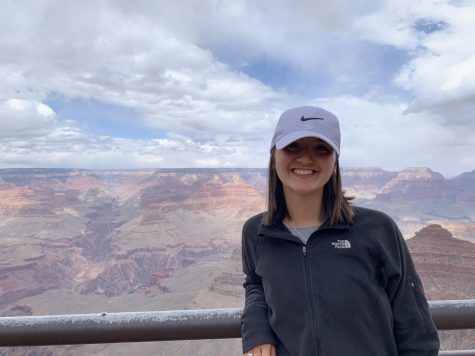Multnomah County passes universal preschool measure by taxing top earners
December 8, 2020
Although most of us are far past our PreK years, and have been in the “big leagues” for quite some time now, preschool has been at the forefront for Multnomah County this past November as it made an appearance on residents’ ballots.
The majority of residents voted “yes” on Ballot Measure 26-214, Multnomah County’s universal preschool plan that taxes its top-earning residents placing in the top 8 percent, on Nov. 3. It is described as a “two-tiered tax system,” meaning a 1.5 percent tax on people making over $125,000 and on couples making over $200,000 annually. The other tier is a 3.8 percent tax on individuals making over $250,000 and on couples making over $400,000 starting in 2026.
This extra funding will also increase the wages of preschool teachers to the equivalent of what kindergarten teachers get paid. The progressive policy is challenging other Oregon counties and states to reevaluate their own stances on how preschool and childcare should be funded.
For many, childcare and preschool can be costly and unaffordable. In 2017, the Kids Count Data Book recorded that 57 percent of children ages 3 and 4 in Oregon were not enrolled in preschool. The plan will take a while to roll out to everyone in the county, however. The measure would primarily focus on minority groups such as people of color, according to an interview Oregon Live did with the leader of the measure, Jessica Vega Pederson.
“We know this is a hard place to raise a child,” she said. “We face unacceptable inequities in education and in health,” Pederson said.
By being universal and not solely focusing on families with lower incomes, the plan will ultimately benefit all children attending preschool by providing social diversity.
Multnomah County is currently providing daycare subsidies for fewer than 4,000 children. This universal plan intends to help more families get their children into preschool by providing 10,000 open slots by 2026. The New York Times reports that this funding by Multnomah County taxpayers will eventually raise $202 million annually and will subsequently contribute to the hiring of 2,300 additional teachers.
The plan will take effect in the fall of 2022 in Multnomah County, although it is projected to reach full “universality” by 2026, meaning it will reach all families, no matter their financial situation or race.

